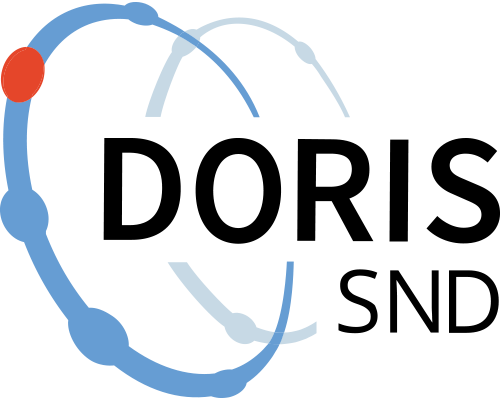Swedish National Celiac Disease Register
Celiac disease, also known as gluten intolerance, is a permanent sensitivity to gluten which is found in wheat, rye and barley. The cause of celiac disease is still unclear but we know that both heredity and environment play a role. In Sweden, celiac disease more common than in many other countries. It is crucial to find out why this is so and if we can reduce the incidence of celiac disease by changing lifestyle in any way. We can increase the awareness of celiac disease by following the pattern of the disease across the country as well as through other research.
Since 1998 Sweden has had a unique incidence register for celiac disease in Sweden. The register was started through the initiative of the Swedish Pediatric Association (Barnläkarföreingen/BLF). In 1996 the Board offered new guidance on the introduction of gluten to the infant diet and the registry is an important part of quality assurance related to this.
The registry is administered, via the BLF's Gastroenterology and Nutrition section and, at the Department of Epidemiology and Gublic Health, Umeå University. This includes, among other things, planning and ongoing work with the registry to regularly send back reports to the participating units and to compile the incidence trends. The register’s steering group consists of three pediatricians; one representative of the Section’s Board, the celiac disease working group on celiac disease, and the registry management.
The registry has ethical approval and complies with the Personal Data Act and privacy regulations. Under this Act, children and parents have the right to obtain extracts from the register.
Purpose:
Through a nationwide registry for celiac disease in Swedish children the trend of the incidence of celiac disease can be followed and changes over time and geographical differences can be analyzed. The registry shall form the basis of other studies, for example disease etiology, opportunities for prevention, diagnosis, and long-term consequences with a goal to providing greater knowledge about celiac disease.
Contact for data - Anneli Ivarsson
Opens in a new tabanneli.ivarsson@umu.se
Documentation files
Documentation files
Citation and access
Citation and access
Data access level:
Creator/Principal investigator(s):
- Anneli Ivarsson - Umeå University - Department of Epidemiology and Global Health
Research principal:
Data contains personal data:
No
